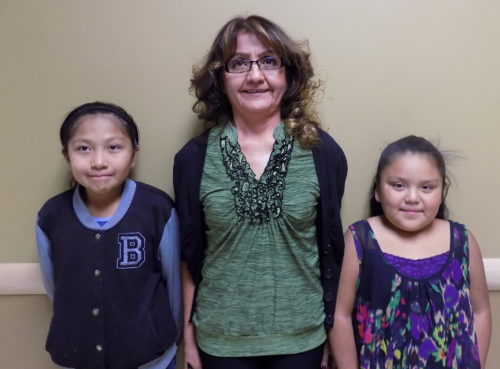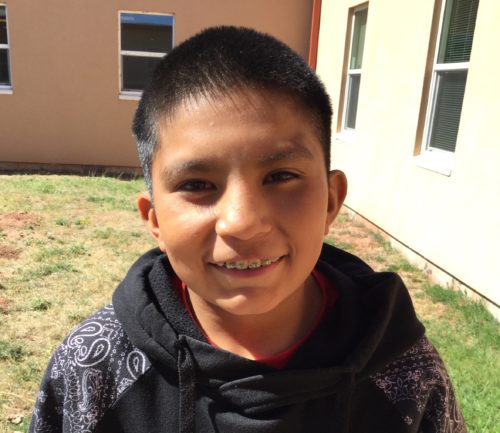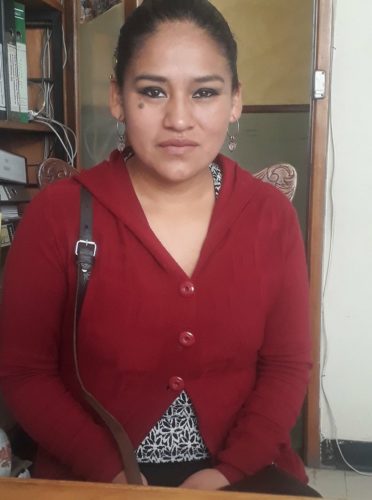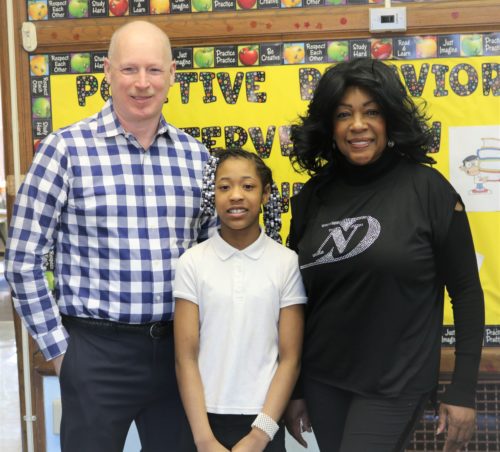Not long ago, we received a letter from our volunteer coordinator at our affiliated project CADI (Centro de Assistência e Desenvolvimento Integral) in Brazil about one of our sponsored children, Celia*. Celia, an avid rugby player at her high school, was invited to play professionally, and was in need of support to purchase a new uniform, proper shoes, and to cover her travel expenses to and from matches. Her coordinator asked Children Incorporated if we could help, and we were happy to do so, knowing that this was the opportunity of a lifetime for Celia to pursue her dreams.
Getting to know CADI
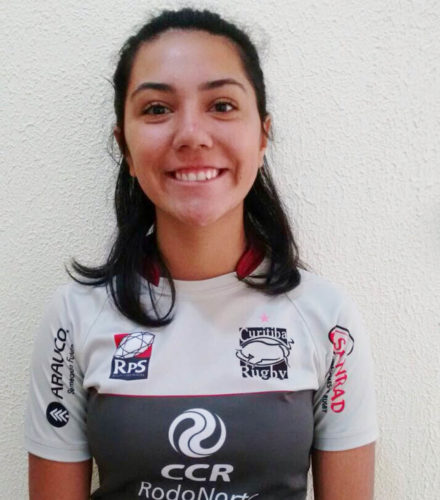
Celia has been playing rugby since 2014.
Brazil is the fifth largest country in the world – both geographically and in terms of population. It is truly massive, sharing borders with every other country in South America except for Ecuador and Chile. The Amazon rainforest – recognized for having the greatest biological diversity on the planet – sprawls over the country’s northern half, and there are rugged mountains to the south. Despite its wealth of natural resources and beauty, Brazil suffers from staggering poverty, rising inflation, unemployment, and a lack of social development. These issues are especially pronounced in Fazenda Rio Grande, a town in the outskirts of Curitiba in southern Brazil.
There, many families struggle to afford even the most basic necessities – including their children’s education-related expenses. What began in 1994 as a soccer school to motivate and assist the children of these low-income families has now become CADI – a national nonprofit organization that maintains a center for holistic development in Fazenda Rio Grande. CADI’s mission is to motivate and equip these deserving children to rise above the difficult socioeconomic circumstances from which they come, thus helping them to break the cycle of poverty. Thanks to CADI’s support, as well as that of her sponsor, Celia has been able to attend school, and to find her passion for the sport of rugby.
A letter to her sponsor
We are very proud of Celia for her accomplishments, and we wish her all the best as she continues to work hard both in school and on the rugby field.
Upon finding out that she had been asked to play on a professional rugby team, Celia wrote a letter to her sponsor explaining how she first got started playing the sport years ago.
“Dear Sponsor,
“It’s been six years since I started attending CADI, and during these years, I have participated in various activities and classes. I started playing rugby in 2014. I started playing just for fun with a friend of mine, even when many people say that it is a sport for boys. Who would have guessed that two tough girls would make history for our team? Our team keeps winning at festivals and in competitions.”
We are very proud of Celia for her accomplishments, and we wish her all the best as she continues to work hard both in school and on the rugby field.
*Name changed for child’s protection.
***
HOW DO I SPONSOR A CHILD IN BRAZIL?
You can sponsor a child in Brazil in one of three ways: call our office at 1-800-538-5381 and speak with one of our staff members; email us at sponsorship@children-inc.org; or go online to our donation portal, create an account, and search for a child in Brazil that is available for sponsorship.

